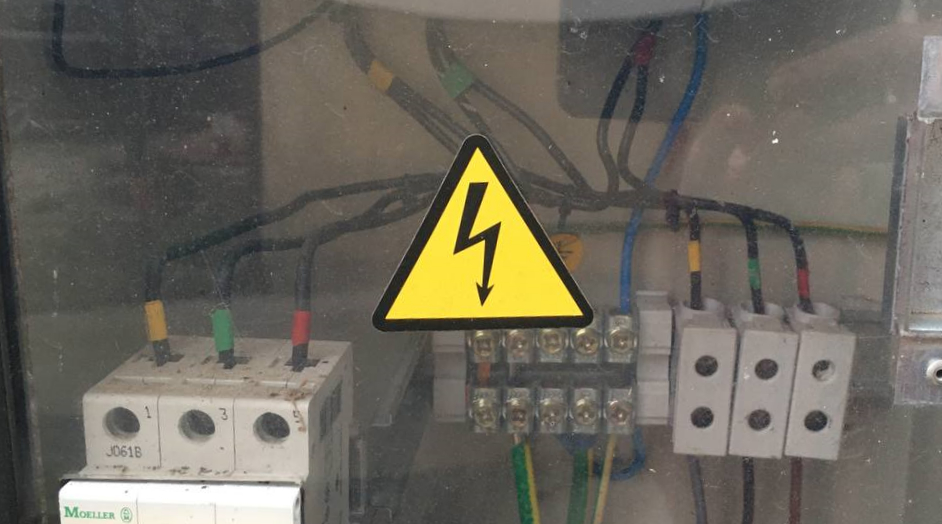On July 1 this year, on average, electricity distribution and transmission tariffs increased by a third in Latvia, and people have had to pay 5-18 euros more for electricity. Rates for households with more powerful connections have increased by as much as 157%, which caused widespread dissatisfaction and outrage.
Politicians decided to step in and offset 60% of the tariff hike from October, which cut bills by an average of 18%, but they are higher anyway than they were before the increase in July this year.
This support is only valid for users until the end of the year.
The electricity bill is made up of three items - electricity charges, distribution tariff and VAT. The tariff consists of a fixed and variable part (charge for the supply of electricity - variable part of the tariff depending on consumption, charge for the maintenance of capacity - fixed part of the tariff).
New distribution tariffs will be in force from next year, but they are only 7%-11% lower on average than those users saw in their bills for July. But electricity consumers will no longer receive State aid.
According to Public Utilities Commission (SPRK) experts' calculations, for example, for a user with a 1-phase 16 amp connection and electricity consumption of 100 kWh per month, the distribution tariff fee could fall by around 6% in January 2024 compared to July 2023.
Distribution system operator “Sadales Tīkls” said the share of the tariff fixed fee - the fee for maintaining capacity - would decrease by around 7-11% from January 2024 compared to July 2023.
A specific reduction will depend on the type of connection of the user and the tariff plan chosen.
The SPRK also recalled that it is worth checking the possibilities for each household to reduce electricity bills – both by critically assessing the electricity connection capacity and reducing it if necessary, and by verifying whether the household has the most advantageous electricity trade agreement and switching it if necessary.






























